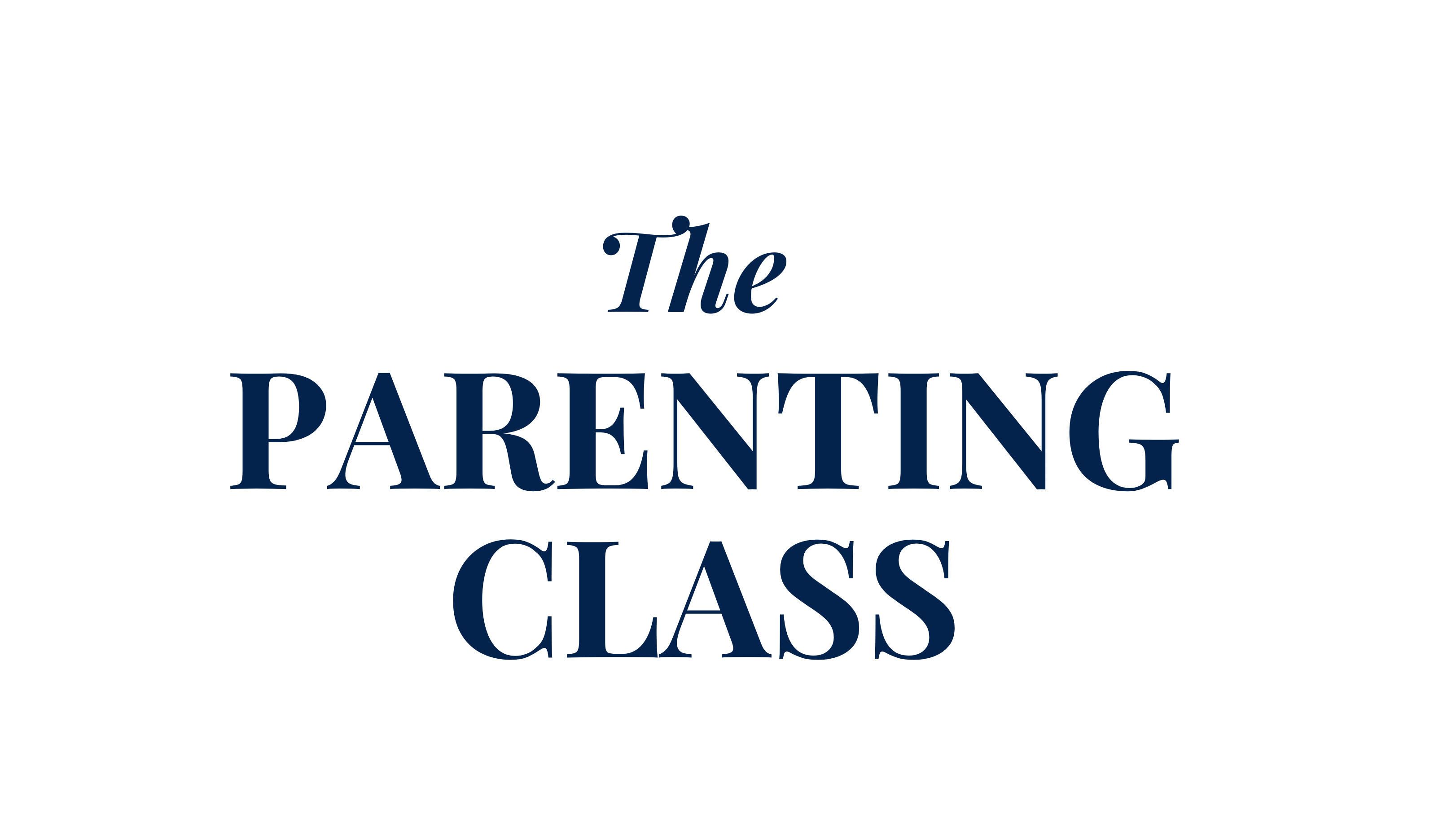The Power of Words: How Parent-Child Interaction Shapes Language and Cognitive Development

Language is one of the most powerful tools for a child’s development. I talk about lots of interestin research findings and cover easy, everyday methods for talking and reading to your baby in The Science of Parenting Babies Class as well as in smaller course, The Baby Brain Boost.
But let´s look at language for a bit: It not only enables communication but also plays a critical role in shaping cognitive abilities such as memory, attention, and executive function. Research has consistently shown that children who grow up in language-rich environments develop stronger cognitive skills, better emotional regulation, and improved academic performance.
Fact is, that parents play a fundamental role in this process, and their interactions with their children can significantly impact development.
What we do and do not do has lasting impacts when it comes to language.
The Role of Parents in Language Development
Children do not acquire language passively – they need rich and responsive interactions with caregivers to develop their communication and cognitive skills. For example, Weisleder and Fernald’s study (2013) demonstrated that the quantity and quality of language input from caregivers strongly influence a child’s vocabulary and language processing abilities¹.
Their findings emphasize that children who hear more child-directed speech in the early years not only develop stronger vocabularies but also show faster real-time language processing abilities, which can impact their long-term learning.
Parents can support their child’s language development in several ways:
- Engage in frequent conversations: Talking with children – even before they can respond—helps them build their vocabulary and understanding of language.
- Use rich and varied vocabulary: Exposure to a wide range of words helps children develop more sophisticated language skills. Books are great to expose them to words you otherwise rarely use.
- Encourage storytelling and self-expression: Asking open-ended questions and allowing children to narrate their thoughts strengthens their linguistic and cognitive skills.
- Respond to children’s speech: When children attempt to communicate, responding meaningfully reinforces their efforts and helps refine their language use. So praise their efforts and respond enthusiastically.
The Role of Language in Cognitive Development
Vygotsky (1934) emphasized that language is not just a means of communication but also a fundamental tool for thought and cognitive growth². More recent research has confirmed that verbal interactions shape critical cognitive functions such as executive function, memory, and attention.

Executive Function: How Private Speech Helps with Self-Regulation
Executive function refers to a set of mental skills that include impulse control, flexible thinking, and working memory.
Studies have shown that children who engage in private speech (talking to themselves) demonstrate better self-regulation and problem-solving abilities³.
This kind of self-directed speech helps children break down complex tasks, manage frustration, and stay focused.
Research compiled in Private Speech, Executive Functioning, and the Development of Verbal Self-Regulation found that children who frequently talk to themselves while solving problems exhibit stronger impulse control and focus than those who do not⁴.
Memory: Language as a Tool for Encoding and Retrieval
Verbal interaction is crucial for memory development. Language helps children encode, store, and retrieve information. Research suggests that children who frequently engage in conversations with caregivers develop stronger working memory, which supports academic learning and problem-solving⁵.
The Handbook of Child Language Disorders also discusses how attentional and memory processes are crucial to language acquisition and that children with limited exposure to verbal interaction often struggle with memory-related tasks⁶.
Attention: Strengthening Focus Through Verbal Interaction
Language-rich interactions also play a key role in attention development.
When children are encouraged to verbalize their thoughts, they practice focusing and filtering out distractions. Studies indicate that self-directed speech enhances a child’s ability to maintain attention on tasks⁷.
The same research on private speech and executive function suggests that children who talk themselves through activities show better concentration and task persistence⁴.
The words parents use with their children do more than teach them how to speak – they shape their cognitive development, attention, memory, and self-regulation. Engaging in meaningful conversations, responding to a child’s speech, and encouraging self-directed language can have lasting positive effects on a child’s abilities.
Research confirms that early and frequent verbal interactions provide the foundation for a child’s future success. I talk about lots of interestin research findings and cover easy, everyday methods for talking and reading to your baby in The Science of Parenting Babies Class as well as in smaller course, The Baby Brain Boost.
References
- Weisleder, A., & Fernald, A. (2013). Talking to Children Matters: Early Language Experience Strengthens Processing and Vocabulary Development. Psychological Science, 24(11), 2143-2152. https://doi.org/10.1177/0956797613488145
- Vygotsky, L. (1934). Thought and Language. Cambridge, MA: MIT Press.
- Winsler, A., Diaz, R. M., & Montero, I. (2010). Private Speech and Executive Functioning in Preschool Children. Early Childhood Research Quarterly, 25(2), 253-266. https://doi.org/10.1016/j.ecresq.2009.11.003
- Winsler A, Fernyhough C, Montero I, eds. Private Speech, Executive Functioning, and the Development of Verbal Self-Regulation. Cambridge University Press; 2009.
- Gathercole, S. E., & Baddeley, A. D. (1993). Working Memory and Language. Psychology Press.
- Montgomery, J. W. (2010). Attention and Memory in Child Language Disorders. Handbook of Child Language Disorders, 29-50. https://www.researchgate.net/publication/44018871
- Winsler, A., Fernyhough, C., & Montero, I. (2009). Private Speech, Executive Functioning, and the Development of Verbal Self-Regulation. Cambridge University Press.

